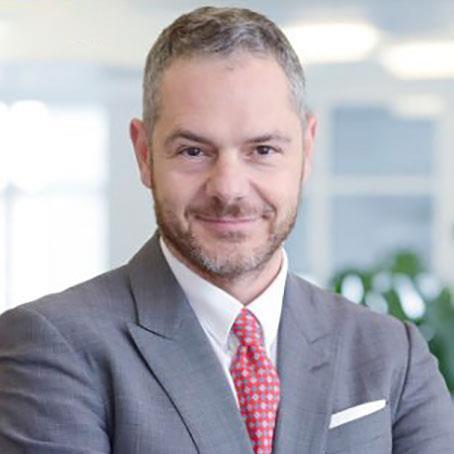

Honestly, where has the time gone? 2011 feels like it was just yesterday. But when you think about it, a lot has changed, especially in regards to how we work.
Honestly, where has the time gone? 2011 feels like it was just yesterday. But when you think about it, a lot has changed, especially in regards to how we work.
What’s intriguing is that a lot of these changes occurred in just the last 12 months. The pandemic really shook things up. It’s arguably the most disruptive event in work-life history.
Of course, I could focus on these pandemic-induced changes. But I don’t see the point. Most of us already know how much our work-life has changed during this period.
So let’s cast our eyes a little further back. Let’s look at how much work has changed over 10 years.
For instance, before the pandemic, traditional work hours were already going out the window. We had the means to log on to our office computers remotely. And even before we could do this, we had the blackberry – a piece of technology that meant we were contactable 24 hours a day.
I think what changed during the pandemic was that we were forced to rethink how we use this technology. Rather than using it to work longer hours, we could actually use it to work remotely and improve our work-life balance.
I think this realisation could only have occurred from the positive changes we have seen in the workplace over the last 10 years. Let’s take a look at some of them.
There’s now much more focus on diversity
I’ve noticed this personally. My clients are more sensitive about the importance of diversity than they were 10 years ago. It’s becoming an important part of the recruitment process for many companies.
Diversity in the workplace can bring in new skills, talents and a wider range of views and opinions. Combined together, these can drive greater innovation and higher levels of activity. It also widens the universe of candidates in a market where talent is in scarce supply.
Switzerland is even more international now
I think Switzerland has experienced some incredible changes. I live in Zürich and it’s amazing how much more international the city feels compared to 10 years ago, which is surprising. When I first moved here, it already felt pretty international.
There are also some other subtle differences. For instance, companies no longer expect their employees to wear a classic suit and tie, or skirt and heels, when they go to work. It feels more relaxed and less formal, and I think this is a positive development.
Badenoch + Clark arrived in Switzerland 10 years ago
Badenoch + Clark has now been in Switzerland for more than 10 years. For many clients this seems surprising, as it feels like we have been here for even longer. But, I think that’s because we have grown alongside our clients and candidates, and help them also grow over the past decade.
We have adapted to lots of changes in recruitment. The number of consultants has grown 5 to 7 times. We have also opened new practices to serve new sectors. Overall, business is thriving.
The most interesting change that I’ve witnessed in recruitment is undoubtably the move to digital. Practically all job applications that we review are sourced from online job boards. 10 years ago, we were still printing job adverts in the Financial Times. It’s amazing how things have changed.
How recruitment might change in the next 10 years
The next 10 years are going to be interesting. There will be a whole new dictionary of job titles that don’t exist today.
Trends, such as the rise in artificial intelligence and automation, could really make the recruitment industry today look almost unrecognisable. The use of AI algorithms could be used to search and shortlist future candidates at rapid speed.
We might see the demise of the online job board, as surprising as that might seem. The growing use of social media platforms like LinkedIn, is rapidly becoming the search tool of choice. Right now, LinkedIn is one of the most powerful recruitment tools in the world because nearly every worker has a LinkedIn account.
There are many other trends that could develop. Reskilling and upskilling will become even more important in the future. Flexible working in remote settings will become the norm. Overall, candidates will have more freedom to move around, and companies will have a greater choice of candidates to choose from.
Personally, I’m very excited about what the future holds. I think if you are a candidate or a client, you should be too.
